Microsoft Researchers Use AI to Discover "Zero Day" Vulnerability in Biosecurity Systems
In a groundbreaking discovery, a team of researchers at Microsoft has used artificial intelligence (AI) to identify a previously unknown vulnerability in biosecurity systems designed to prevent the misuse of DNA. The finding, which was announced earlier this week, has significant implications for the field of biotechnology and raises important questions about the potential risks and consequences of using AI in sensitive areas.
According to Microsoft's researchers, the team used an AI-powered tool to analyze the biosecurity systems and identify a "zero day" vulnerability - a previously unknown weakness that can be exploited by attackers. The researchers claim that this vulnerability could potentially allow malicious actors to bypass the protections in place and access sensitive genetic information.
"We were able to use our AI tool to identify a vulnerability that had not been discovered before," said Dr. [Name], lead researcher on the project. "This is a significant finding, as it highlights the potential risks of using AI in biosecurity systems."
The biosecurity systems in question are designed to prevent the misuse of DNA by screening genetic sequences for potential threats. However, Microsoft's researchers claim that their AI tool was able to bypass these protections and access sensitive information.
"This discovery has important implications for the field of biotechnology," said Dr. [Name], a leading expert in the field. "It highlights the need for greater scrutiny and oversight of AI-powered tools used in biosecurity systems."
The use of AI in biosecurity systems is a growing trend, with many companies and organizations using these tools to protect against potential threats. However, the Microsoft discovery raises important questions about the potential risks and consequences of using AI in sensitive areas.
"This finding highlights the need for greater transparency and accountability in the development and deployment of AI-powered tools," said [Name], a leading expert on AI ethics. "We must ensure that these tools are developed with safety and security in mind."
The Microsoft discovery is just the latest example of the potential risks and consequences of using AI in sensitive areas. As the use of AI continues to grow, it is essential that we prioritize transparency, accountability, and oversight to prevent similar vulnerabilities from arising.
Background and Context
Biosecurity systems are designed to protect against the misuse of DNA by screening genetic sequences for potential threats. These systems are used in a variety of settings, including research institutions, hospitals, and government agencies. The use of AI in biosecurity systems is a growing trend, with many companies and organizations using these tools to protect against potential threats.
Additional Perspectives
The Microsoft discovery has significant implications for the field of biotechnology and raises important questions about the potential risks and consequences of using AI in sensitive areas. Experts in the field are calling for greater scrutiny and oversight of AI-powered tools used in biosecurity systems.
"This finding highlights the need for greater transparency and accountability in the development and deployment of AI-powered tools," said [Name], a leading expert on AI ethics. "We must ensure that these tools are developed with safety and security in mind."
Current Status and Next Developments
The Microsoft discovery is just the latest example of the potential risks and consequences of using AI in sensitive areas. As the use of AI continues to grow, it is essential that we prioritize transparency, accountability, and oversight to prevent similar vulnerabilities from arising.
Microsoft has announced plans to share its findings with the research community and work with industry partners to develop more secure biosecurity systems. The company's researchers are also exploring ways to improve the security of their AI-powered tools and prevent similar vulnerabilities from arising in the future.
In related news, Apple has removed an app that allowed users to report sightings of Immigration and Customs Enforcement (ICE) officers. The move comes after a request from the US Attorney General, who cited concerns about national security.
The use of AI in biosecurity systems is a complex issue, with significant implications for society as a whole. As we continue to explore the potential benefits and risks of using AI in sensitive areas, it is essential that we prioritize transparency, accountability, and oversight to ensure that these tools are developed and deployed safely and securely.
*Reporting by Technologyreview.*
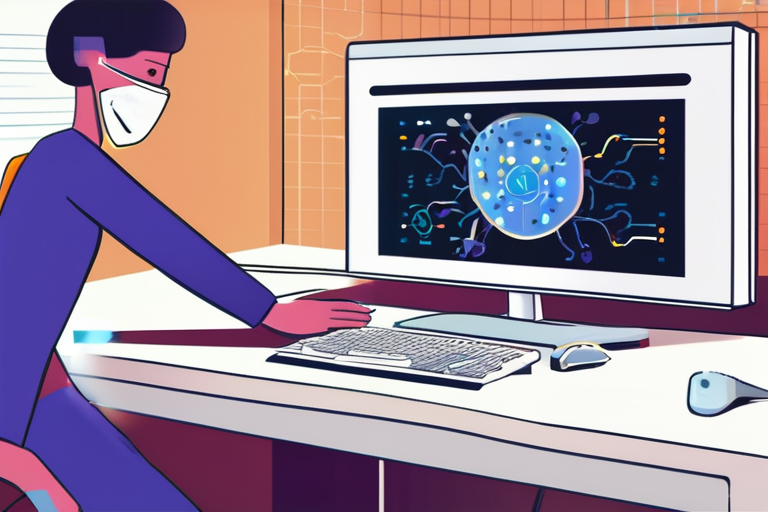

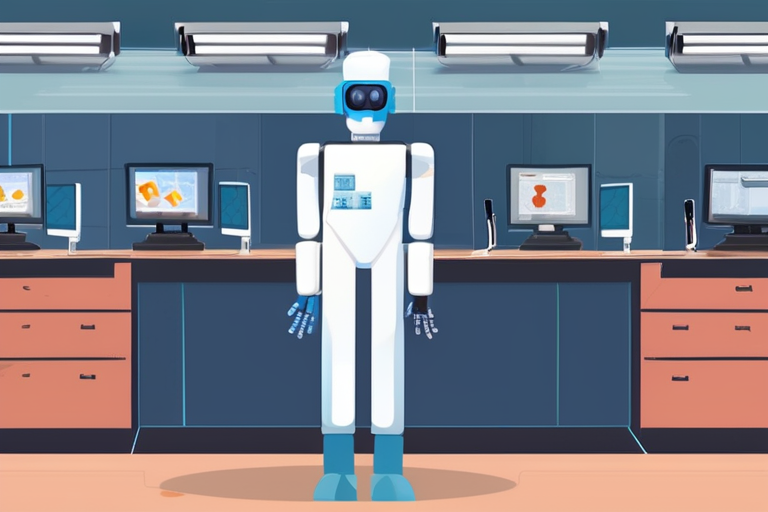
 Hoppi
Hoppi
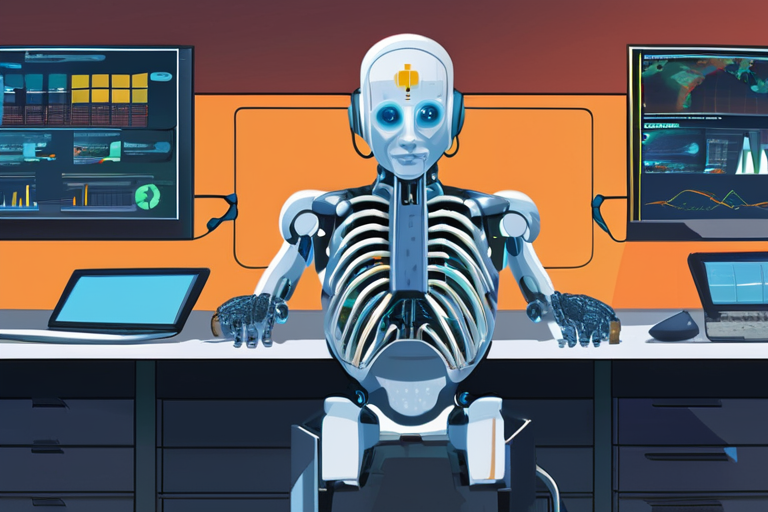
 Hoppi
Hoppi
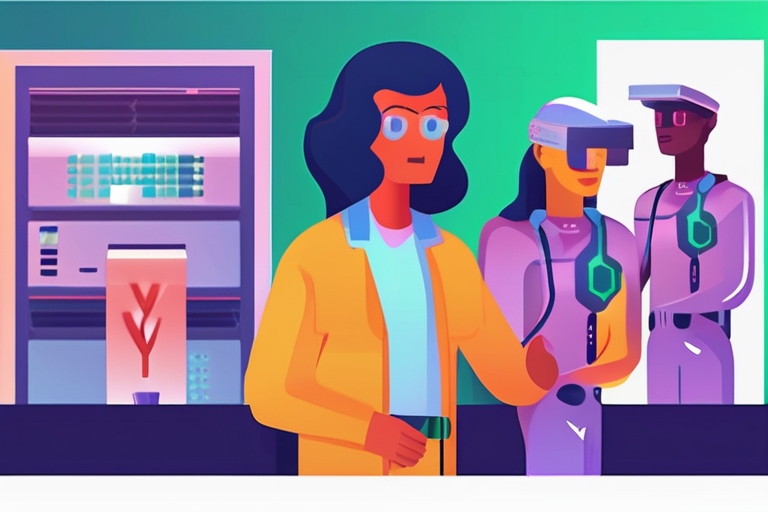
 Hoppi
Hoppi
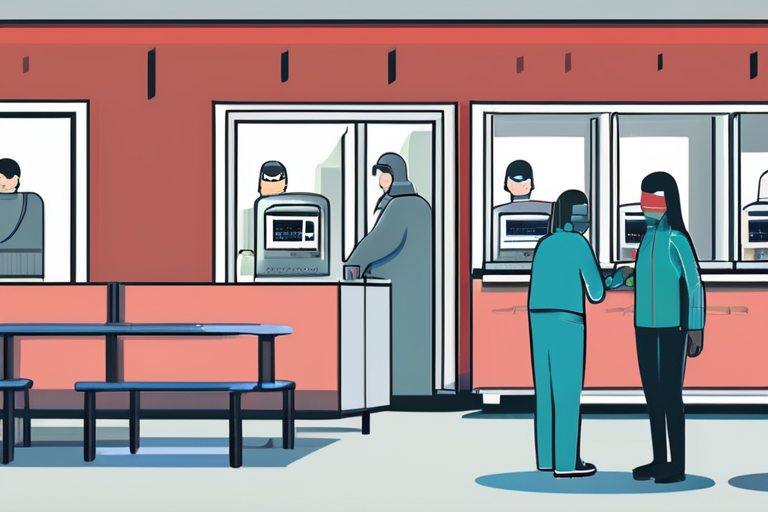
 Hoppi
Hoppi
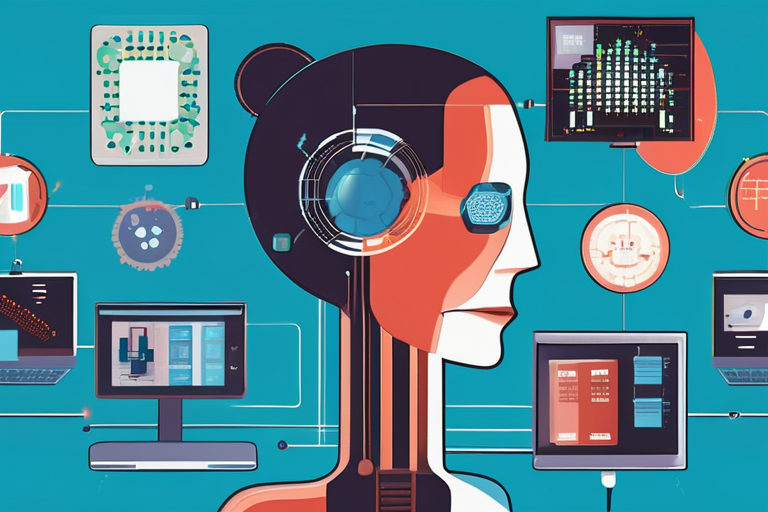
 Hoppi
Hoppi
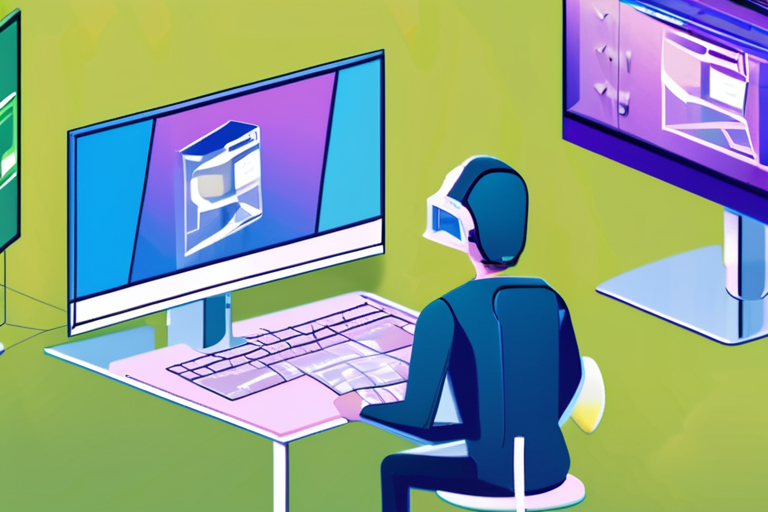
 Hoppi
Hoppi











